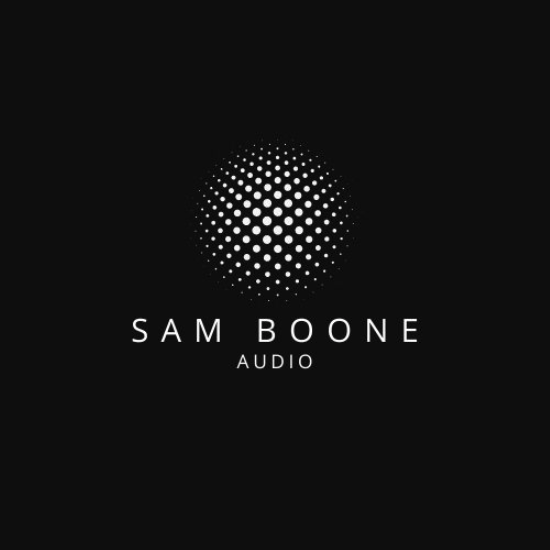How to make the jump from houses of worship to touring
For countless audio professionals, houses of worship were called home long before the bright lights and large scale systems became the daily norm of touring gigs. For many, churches have served as a training ground, a place to learn the fundamentals whether it be technical knowledge such as signal flow, or learning the patience and people skills that all too often can become show critical. Taking the leap from churches and smaller venues into touring has its own set of challenges, whether that be unfamiliar gear, grueling schedules, and increased pressure can make for a unique set of challenges. So what does it take to go from mixing sermons to full on concerts every night?

Solid Foundations
While many engineers share the humble beginnings of mixing in churches, and working with musicians serving their community. The often volunteer based nature of church sound has inherent challenges being an emotional environment where high expectations and monetary constraints often create an environment where clarity and intelligibility are prioritized above all else, often resulting in creative solutions. Issues ranging from aging gear, to layers of processing piled up on top of each other after years of use, to time constraints and lack of formal training often facilitate unintentionally learned troubleshooting skills, adaptability, and the ability to be a team player across multiple production disciplines if needed.
Getting the Reps
Another advantage of learning in these environments is that there is usually a fixed set of gear, on a small enough scale to not be overly intimidating and there’s a low barrier to entry. Even young professional engineers often need to simply get hours and reps mixing and shaping sources over and over again to not only train their ears but to also practice constructing a mix with a clear goal in mind. Beyond audio itself, leading a team of volunteers in a setting such as this brings to mind the reality that leadership and communication are also key parts of touring and those less technical skills are often more important than your ability to patch a stage or perfect a drum tone. Being able to verbalize and translate the needs of an artist or performer into actionable changes can be the difference between a good engineer and a great one.
Lone Wolves
Additionally, starting out so many of us are forced to be lone wolves. Learning how to be apart of a team whether it’s delegating tasks to make load in more efficient, learning how to trust others to make decisions for you (such as having a FOH or Monitor tech help you build
Your world every day, and trusting that they’ll have your best interest and needs in mind), and learning how to compromise. As an audio tech of course I want the audio department to win every time. As a crew chief it’s my job to advocate for my department. But learning to place nice with other departments and compromise is certainly a challenge, and being able to know when to compromise and when to advocate for your show is a whole new world. For example whenever I’m in a venue that’s not particularly tall, I constantly play the game of how many boxes of PA can I hang within blocking video walls or site lines.
While house of worship experience builds a solid foundation, the technical demands are generally limited by scale. Rooms are smaller, systems are simpler, and gear turnover is slower. Engineers who jump into the touring world quickly realize how much they have to learn—and unlearn.
Making the Jump
One of the first major changes from working in any venue to touring is the constant change. In a venue you have the same room every week, and various standard procedures to turn on your systems and make sure everything is in its usual running order. On tour each day you are faced with a new room that sounds different, maybe a different board if you aren’t carrying a console, and a whole new pace. The ability to learn how to pace yourself while managing your time throughout what can be a 20 hour work day is skill in and of itself.
Transferable Skills
That being said there are certainly more similarities than differences when it comes to learning transferable skills. Years spent critically listening to music, understanding signal flow and being a student of your gear always pays off. So often it’s common to see many people struggle with getting signal from point A to point B without accidentally seeing it to point C. Beyond that, having read the manuals for the gear you are using and understanding them is one of the fastest ways to level up. Learn all of the features and ways of accomplishing what you want to do with the gear you’ve specced (digital or analog). Having a fundamental understanding of your tools is also one of the fastest ways to be able to troubleshoot your rig efficiently.

